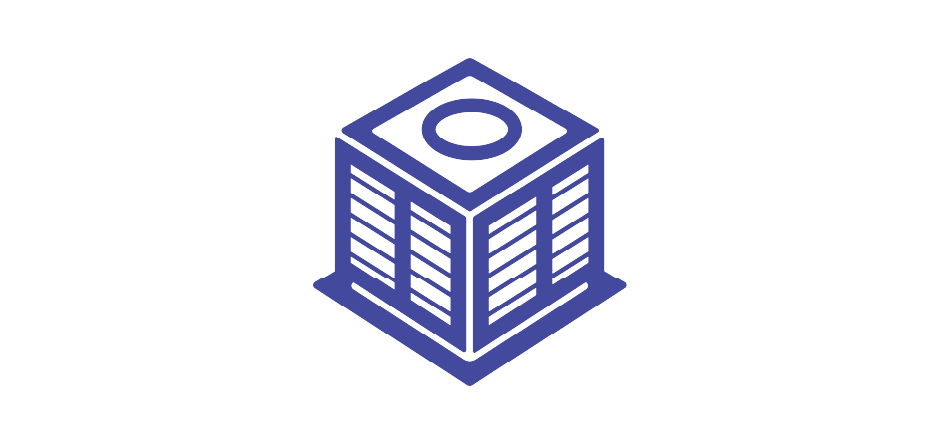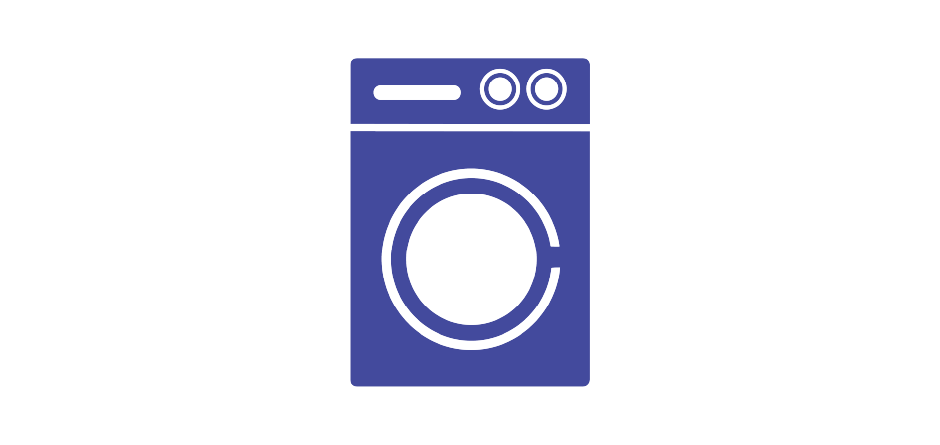Energy-Saving Tips
Save Money & Energy
A typical Texas home uses the most energy on climate control and water heating. Get the biggest savings by focusing on where your energy goes.
Whether you live in a house, apartment or condo, the tips below can help you use less energy and save money on your monthly bill. Check out Monitor Your Usage to learn how to track your energy use.
Looking for rebates and incentives? Find them here.
Typical Texas Home Energy Use
Source: EIA.gov (pdf). HVAC includes air conditioning and space heating. Other uses include clothes dryers, clothes washers and cooking.
These are our three top tips for HVAC and water heating, which account for two-thirds of a typical Texas home's energy use. Find more tips below.

Adjust Your Thermostat

Check Your HVAC System

Wash in Cold Water
-
Cold Weather
Adjust Your Thermostat: Adjust your thermostat a little lower than usual in colder months to save on energy costs.
Use a Portable Radiator: Oil-filled heaters are generally safer than space heaters; follow manufacturer’s safety tips to avoid tipping over or placing near flammable materials. Use oil-filled space heaters to heat small- to medium-sized rooms like bedrooms and home offices. These heaters are efficient and safer to use than space heaters with exposed heating elements. They allow for heating specific areas of your home instead of heating your entire home, thus saving energy. Renters: Check your lease for appliance restrictions and discuss any heating concerns with your property owner/manager.
Rebates & Incentives
-
Hot Weather
Adjust Your Thermostat: Adjust your thermostat a little higher than usual in warmer months to save on energy costs.
Close Your Blinds or Curtains: On hot days, keep window coverings closed to block the sun’s heat. Use white window shades or curtains to reflect heat away from the house.
Install Smart Thermostats: Programmable smart thermostats help you save energy when you’re not at home and then cool down the house before you return. They can also help Austin Energy manage energy spikes. Learn about Austin Energy rebates for smart thermostats.
Renters: If you rent a house, condo or apartment with a smart thermostat and pay for electric service through your own COA Utilities account, you may qualify to become a Power Partner and earn bill credits. Learn more about Power Partner and find out how to enroll.
Solar Screens: Install energy-saving solar screens on your home's windows. Solar screens block up to 70% of the sun's heat from entering your home, reduce damaging UV rays and help reduce household temperatures during warmer months.
Rebates & Incentives
-
Heating and Cooling
Adjust Your Thermostat: Adjust your thermostat by a few degrees to save on energy costs. Set it a little higher than usual in warmer months and a little lower in colder months.
Check Your HVAC System: Have your heating and cooling system serviced annually by a professional to ensure it is running efficiently.
Work With the Sun: On hot days, keep window coverings closed to block the sun’s heat. Use white window shades or drapes to reflect heat away from the house. On cold days, let the sunshine in.
Use Low-Flow Shower Heads: These shower heads reduce your daily water use, letting you heat less water. This can also help you save money on your water bill.
Adjust Your Water Heater: Set your water heater temperature no higher than 120 degrees Fahrenheit. Use the vacation setting when you are away.
Replace AC Filters: Clogged AC filters make your HVAC system work harder to circulate air. The U.S. Environmental Protection Agency recommends replacing your filters every 60 to 90 days, or more frequently during months when they get the most use. Renters: Many apartment communities and rental property owners will perform this service or provide free AC filters upon request. Check with your property owner/manager.
Use a Fan First for Cooling: Ceiling fans can help you feel about four degrees cooler while you are in the room. Remember to turn fans off when you leave the room.
Rebates & Incentives
- Smart Thermostats Rebates
- Solar Screens Rebates
- See if your home qualifies for a no-cost in-home energy assessment
- Get Instant Savings on energy-efficient products at participating local stores
-
Appliances and Electronics
Turn Off Devices: Electronics, chargers and appliances use energy, even when not in use. If you aren’t using it, shut it down and unplug it.
Wash With Cold Water: Wash clothes in cold water to avoid heating up thousands of gallons of water per year.
Hang Clothes to Dry: Air dry clothes on a drying rack or an outdoor line. Air drying also helps your clothes last longer than using a dryer.
Clean Fridge Coils: Cleaning refrigerator coils is easy and allows your fridge to run more efficiently. You can usually do this by removing a cover on the front of your refrigerator and vacuuming the dust that accumulates on the coils once a year.
Turn Off Lights: Use a lamp or natural light to highlight areas you want to light up. Turn off lights in rooms that aren’t being used.
Rebates & Incentives
- Get Instant Savings on energy-efficient products at participating local stores
-
Home Maintenance
According to the U.S. Department of Energy, sealing air leaks can save 10% to 20% of your heating and cooling costs.
Seal Air Leaks: Caulking and weatherstripping around windows, doors, electrical outlets and any other places air can leak in is a key step in weatherizing your home.
Seal and Insulate Ducts: Leaky air can decrease the efficiency of your HVAC system. Sealing and insulating ducts ensures the air goes where you want it to go.
Install Energy-Efficient Windows: A big chunk of your cooling and heating use comes from heat loss and gain through windows—as much as 25% to 30% of your use according to Energy.gov. Installing energy-efficient windows can be a big improvement.
Rebates & Incentives
- See if your home qualifies for a no-cost in-home energy efficiency assessment
- Get Instant Savings on energy-efficient products at participating local stores
-
Renters & Apartment Residents
You don’t have to own a home to save energy and money. Talk to your property owner or manager about energy efficiency.
Single-Family: If you rent a single-family home, duplex or condo, your landlord may qualify for Austin Energy’s Residential Rebates and Incentives. They make energy-saving upgrades affordable for property owners and help tenants save on utility bills. Talk to your landlord or agent.
Multifamily: Austin Energy has rebates and incentives for multifamily properties too. Your apartment community can save on property improvements and maintenance that can help you save on utilities. Contact your leasing office and tell them about Multifamily Rebates and Incentives from Austin Energy.
